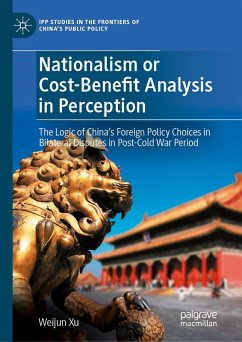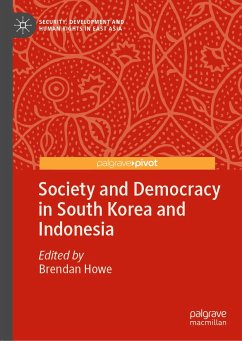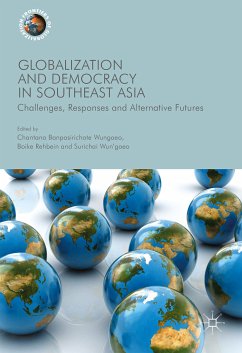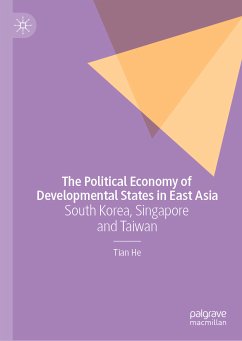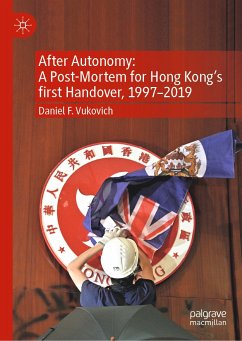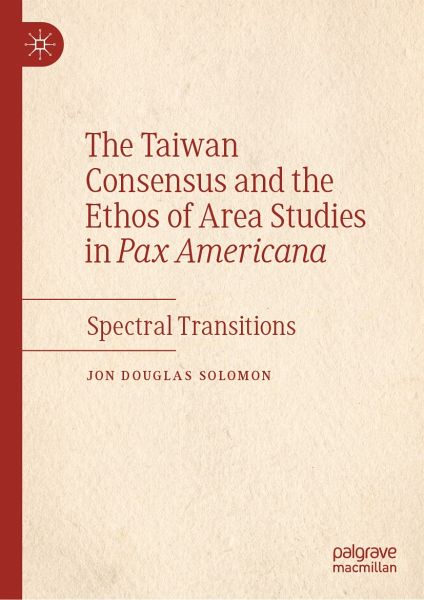
The Taiwan Consensus and the Ethos of Area Studies in Pax Americana (eBook, PDF)
Spectral Transitions
Versandkostenfrei!
Sofort per Download lieferbar
96,95 €
inkl. MwSt.
Weitere Ausgaben:

PAYBACK Punkte
48 °P sammeln!
This book constitutes a timely intervention into debates over the status of Taiwan, at a moment when discussions of democracy and autocracy, imperialism and agency, unipolarity and multipolarity, dominate the intellectual agenda of the day. Pursuing a parallel trajectory that is both epistemic and historical, that is traced out in relation both to Taiwan's recent history and to the disparate forms of knowledge production about that history, this work engages in scholarly debate about some of the burning issues of our time, including transitional justice, hegemony and conspiracy in the digital ...
This book constitutes a timely intervention into debates over the status of Taiwan, at a moment when discussions of democracy and autocracy, imperialism and agency, unipolarity and multipolarity, dominate the intellectual agenda of the day. Pursuing a parallel trajectory that is both epistemic and historical, that is traced out in relation both to Taiwan's recent history and to the disparate forms of knowledge production about that history, this work engages in scholarly debate about some of the burning issues of our time, including transitional justice, hegemony and conspiracy in the digital age, debt regimes, cultural difference, national language, and the traumatic legacies of war, colonialism, anticommunism, antiblackness, and neoliberalism. Providing trenchant analyses of the fundamental bipolarity that persists amidst both unipolar and multipolar conceptions of the world schema inherited from the colonial-imperial modernity, this book will be of interest to scholars in manyfields, including translation studies, postcolonial studies, Marxism studies, trauma studies, media studies, poststructural theory, gender studies, cold war studies, area studies, American studies, black studies, and so forth.
Dieser Download kann aus rechtlichen Gründen nur mit Rechnungsadresse in A, B, BG, CY, CZ, D, DK, EW, E, FIN, F, GR, HR, H, IRL, I, LT, L, LR, M, NL, PL, P, R, S, SLO, SK ausgeliefert werden.







